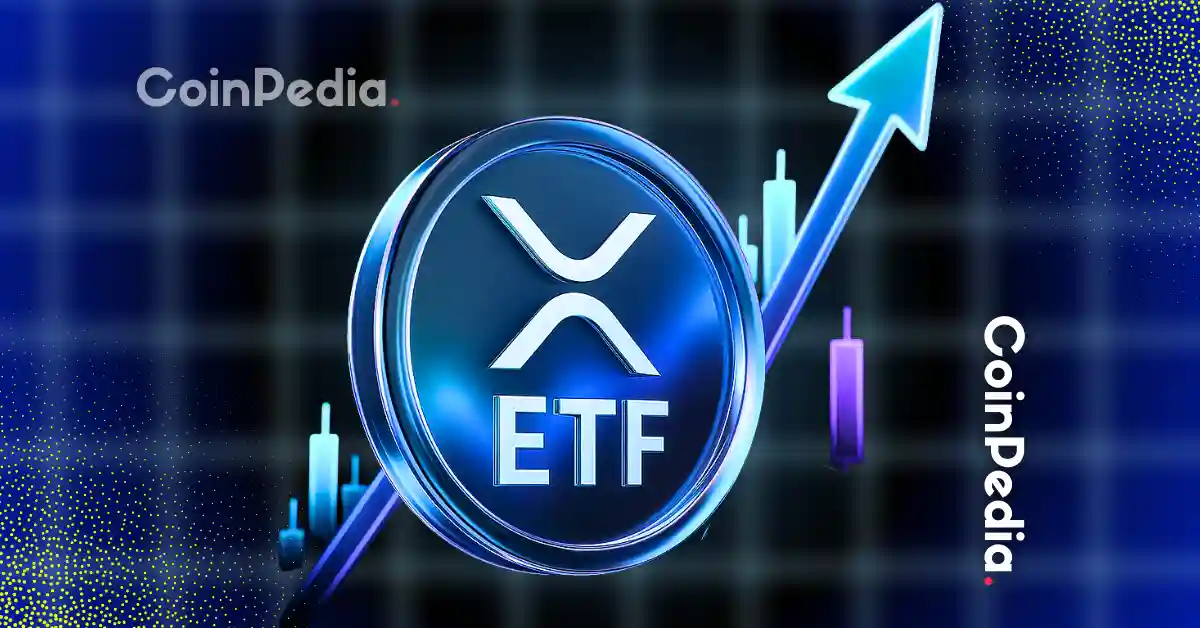
The U.S. government officially shut down at midnight on Tuesday after lawmakers failed to pass a funding bill. While shutdowns have happened 21 times since 1980, often causing short-term disruptions, this one comes at a crucial time for the crypto industry, particularly XRP and other crypto ETF filings.
Historically, U.S. government shutdowns have had little effect on mainstream markets. During the 2013 shutdown, the S&P 500 gained 3%. In the 2018–2019 shutdown, it rose more than 10%. On average, shutdowns since 1976 have not moved markets significantly. Yet crypto behaves differently.
Political uncertainty can shift risk appetite and increase volatility in digital assets. During shutdowns, traders often move quickly in or out of crypto, which is among the most liquid risk assets. Recent sell-offs around shutdown news highlight this pattern.
The most direct impact on crypto comes through regulatory delays. The Securities and Exchange Commission (SEC) relies on full staffing to review and approve ETF applications. A shutdown forces the agency to operate with a skeleton crew, slowing reviews and potentially postponing approvals. Analysts have warned that “ETF-tober,” the anticipated month for new crypto ETF launches, could stall if the shutdown persists.
The SEC recently instructed issuers of XRP, SOL, ADA, DOGE, and LTC to withdraw their 19b-4 filings, meaning that new listing standards are in place and approvals could proceed. Infrastructure, Wall Street, and the crypto market are ready. But a government shutdown halts progress, leaving billions in potential ETF inflows on hold.
For crypto investors expecting fresh ETF launches, the government shutdown poses an unexpected hurdle. While volatility and regulation remain key factors, political gridlock may be the primary reason new approvals are delayed. Until Congress resolves the funding stalemate, the SEC cannot fully operate, leaving XRP and other crypto ETFs in limbo.
Historically, the stock market has shown resilience during government shutdowns, with the S&P 500 even posting gains during past events, as broader economic fundamentals often prevail.
Yes, a shutdown can delay crypto ETF approvals. The SEC operates with a skeleton crew, halting the review process and potentially postponing highly anticipated decisions.
The anticipated “ETF-tober” could be stalled. A prolonged government shutdown prevents the SEC from functioning fully, pushing back potential launch timelines for new crypto ETFs.
Pi Network is going through a rough stretch. PI is trading near $0.16, down more…
The crypto market is flashing green today after days of pressure. Total market capitalization has…
A new debate is taking place in the crypto world after Ripple’s Chief Technology Officer,…
Tech giant Meta Platforms Inc reportedly has plans to launch yet another dollar-backed stablecoin to…
On February 24, the price of Bitcoin (BTC) fell below $63,000, hitting an intraday low…
A spokesperson from the White House has confirmed that U.S. President Donald Trump will offer…